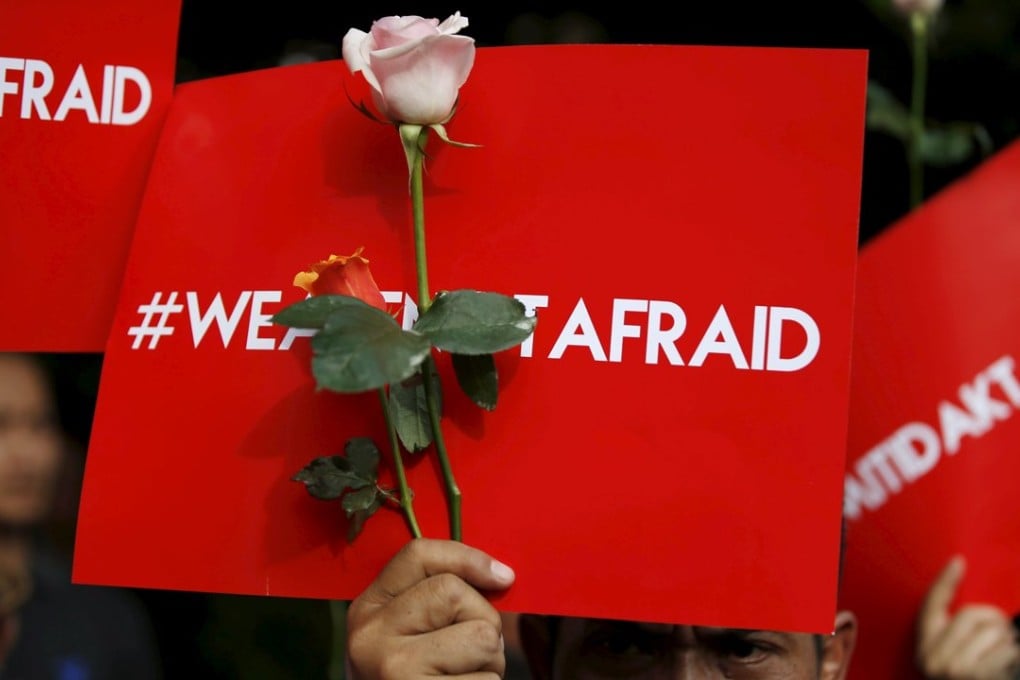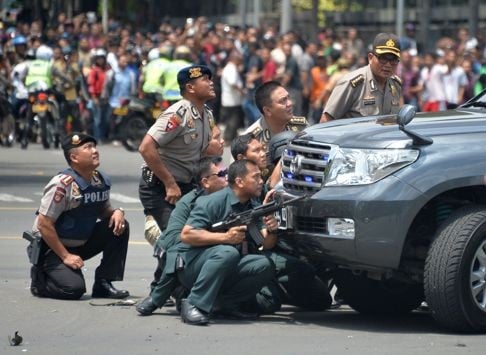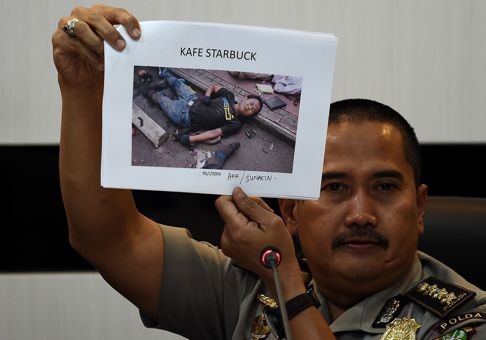Don’t allow Islamic State to gain ground in Southeast Asia
Derwin Pereira says Indonesia will have to display greater toughness on terror after the recent Jakarta attack, and must consider introducing draconian laws to allow the preventive detention of suspects

The terrorist attack in Jakarta earlier this month achieved little but foretells much. It signifies the renewal of an implacable religious insurgency that could cost Indonesia and the rest of the region dearly. From the point of view of Islamic State, which claimed responsibility for the assault, there is hardly anything to boast about. Very few civilians were killed. Thus, the attack failed the mathematics of terror, which revels in mass casualties.
The Jakarta strike was not only small scale, it was botched. The terrorists involved might have tried to emulate the actions of the Paris attackers but they failed miserably. Unlike trained militants who behave with military discipline and precision, the Jakarta terrorists appeared to be on a day trip. Their exertions were over, and they were dead, in an almost anti-climactic denouement.

Terrorism is war played out in slow motion forever
However, there are several reasons for treating this outrage as an important passage in Indonesia’s litany of terror. One is the agency of time. Terrorism is war played out in slow motion forever. No battle is decisive but every battle contributes, in the twisted teleological imagination of terror, to eventual assured victory. Unlike a secular war, whose outcome is settled on the battlefield, at least for the time being, only the afterlife and eternity are the final terrorist battlefield. A senior Indonesian official grasped this aspect of the Jakarta terrorists’ pathology when he observed that they were motivated by nothing more than a consuming desire to die and go to heaven.

On the religious front, Indonesia showed a consensual ability to act against terror. It disproved worries that its Muslim-majority population – the world’s largest – would not support military action against a group of co-religionists. They did.
On the religious front, Indonesia showed a consensual ability to act against terror
Politically, Indonesia refuted concerns that the unseemly jockeying for power among parties and factions, including Islamically minded groups, in the post-Suharto era would restrict its ability to fight terror. It proved that political pluralism and security imperatives can go together.